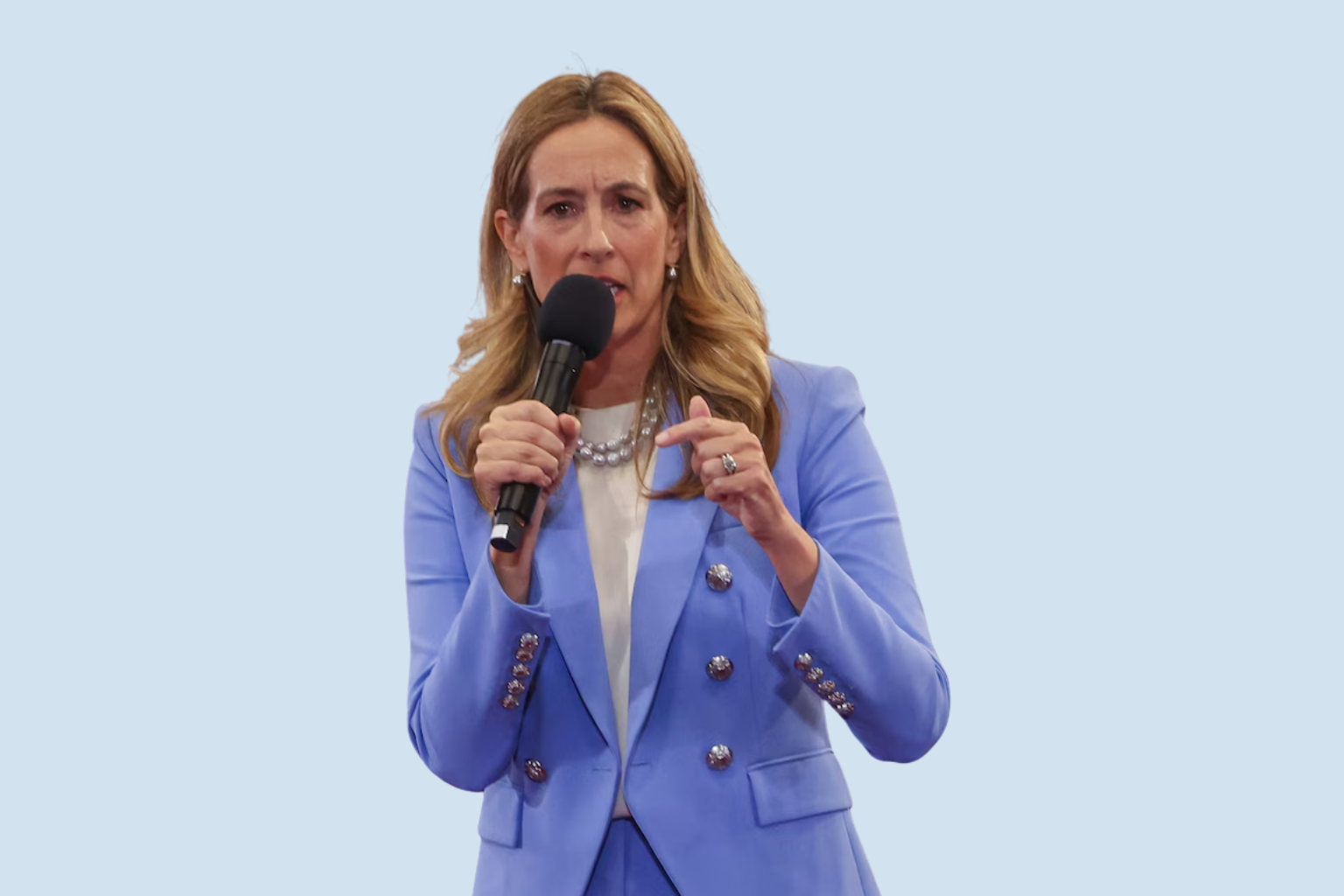Subtle Gender Role Views Shape Voter Attitudes in New Jersey Governor Race

According to new data, deeper gender roles are shocking people and affecting their opinions of Democratic governor candidate Rep. Mikie Sherrill. Even party members who maintain traditional views on men and women’s behavior are less likely to support Sherrill, according to an FDU poll.
According to the Men’s Role Norm Inventory (MRNI), a well-established psychological assessment, voters supported conventional masculine norms. The poll showed that Republican Jack Ciattarelli leads Sherrill 88% to 11% among traditional gender norms supporters. Sharrill leads low-MRNI voters 82–16%, suggesting they are less gender stereotyped.
The findings show that Sherrill’s gender affects voter perceptions across parties. FDU poll director Dan Cassino says women confront two challenges. Leaders must show enough non-traditional qualifications to be regarded seriously while preserving enough traditional identifiers to avoid scaring traditional gender voters. “Like Ginger Rogers, she has to do everything male candidates do, but backwards and in high heels,” Cassino says.
Sherrill advertises her role as a mother of four and former Navy helicopter pilot, thus the poll explored how those traits affected voter sentiment. Hearing “mother of four” enhanced her favorability among traditional gender identity women by one point. Her military service increased less traditional women and some men but decreased her favorability among extremely traditional women.
Party gender-role effect is consistent. Even while Republicans and men scored better on the MRNI, Democrats and independents with strong traditional gender role ideals were less likely to support Sherrill. 76% of high-MRNI Democrats favored Sherrill, compared to 93% of low-MRNI Democrats.
These results raise questions about how gender norms and voter identities affect political politics today. Gender and leadership perceptions influence election attitudes, policy opinions, and party affiliation, according to the poll. A traditionalist-nontraditional female candidate is less likely to win over traditionalists. According to Cassino, “People tied to traditional gender roles tend not to like female governor or president candidates.”
These findings suggest that Sherrill, who campaigned on her national security credentials and legislative background, must appeal to both traditional and non-traditional gender roles. Traditional gender-role voters like Ciattarelli’s campaign, giving him an advantage. Gender stereotypes may affect voter opinions more than predicted as Election Day approaches.
Sources
Fairleigh Dickinson University Poll Report




